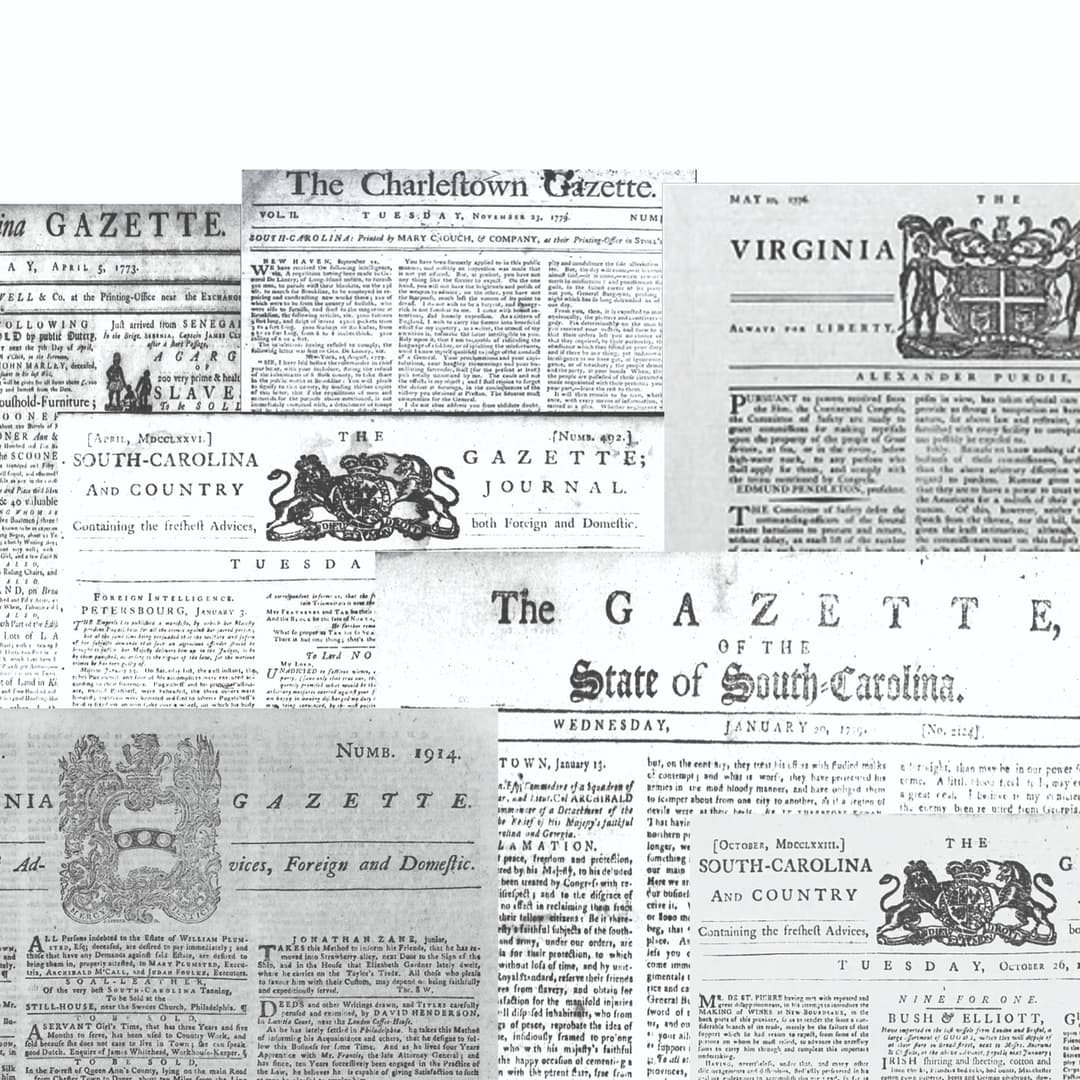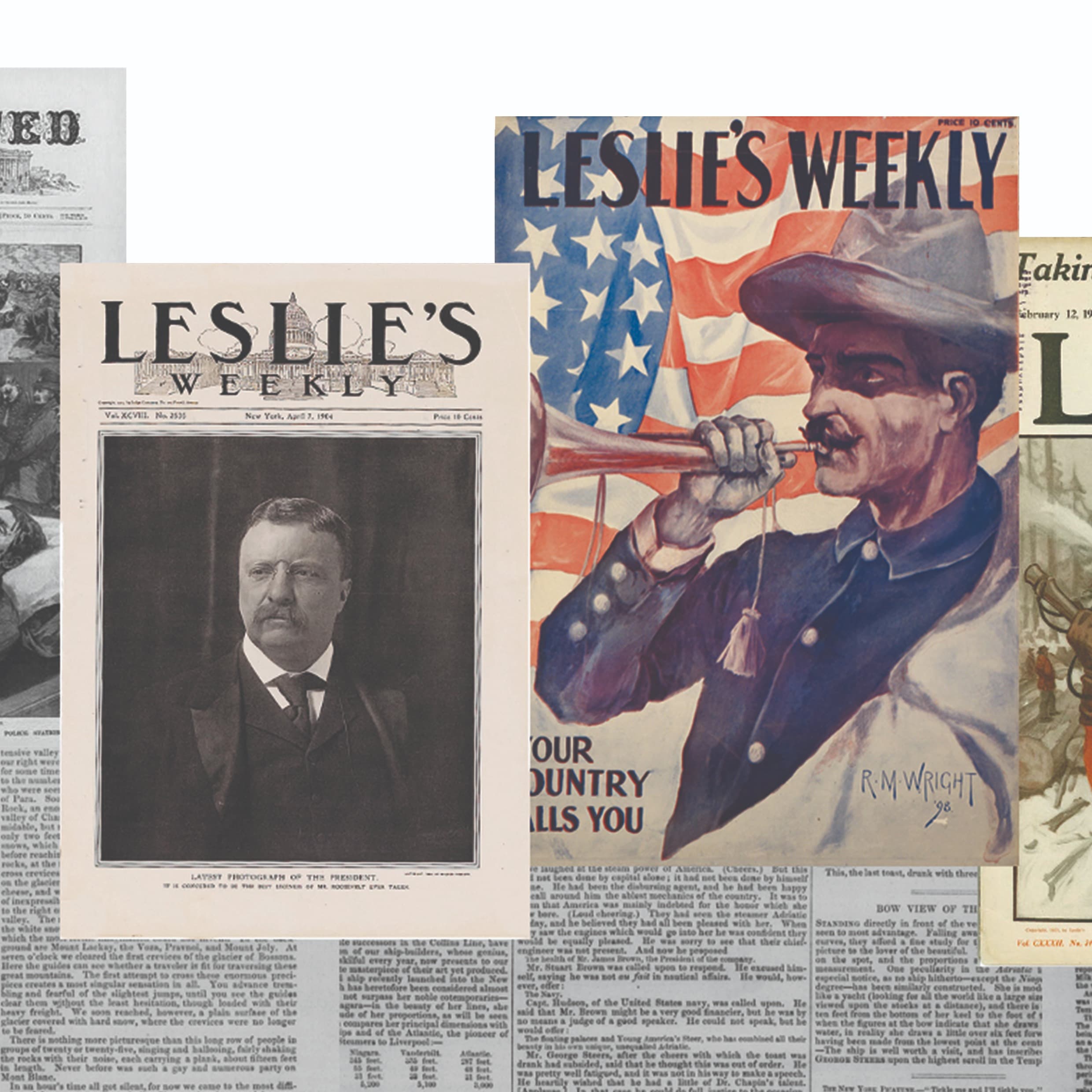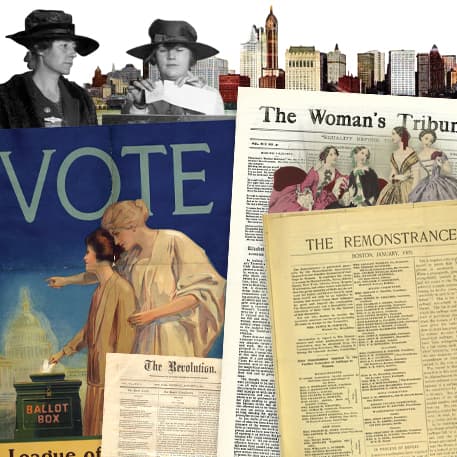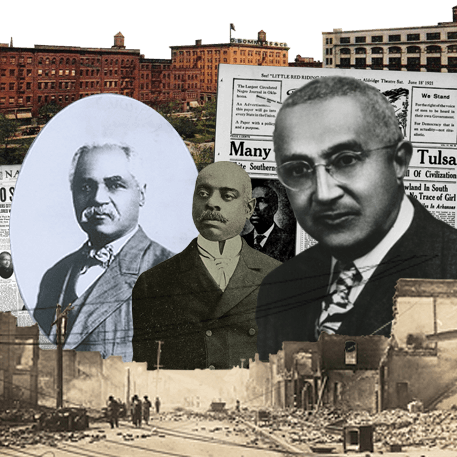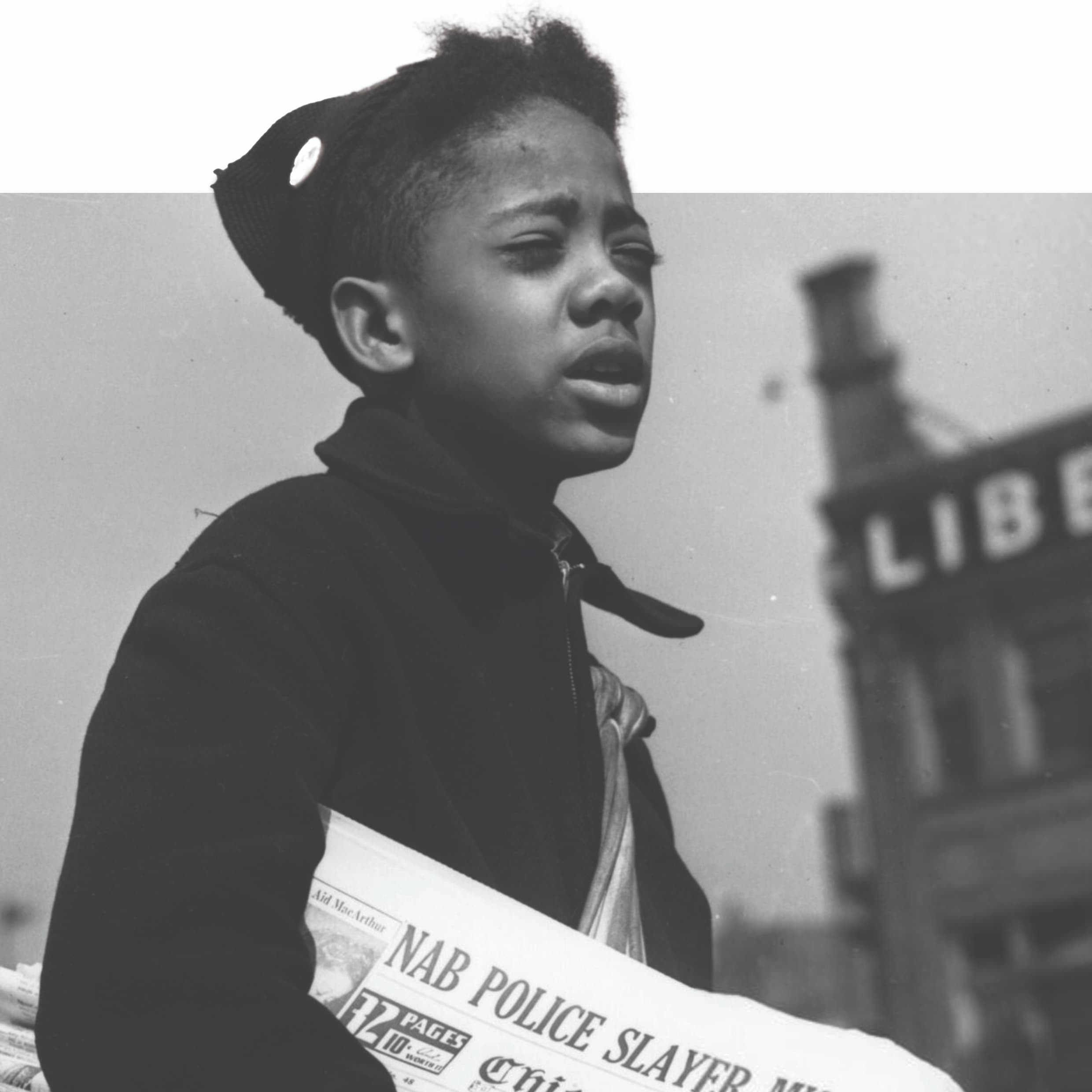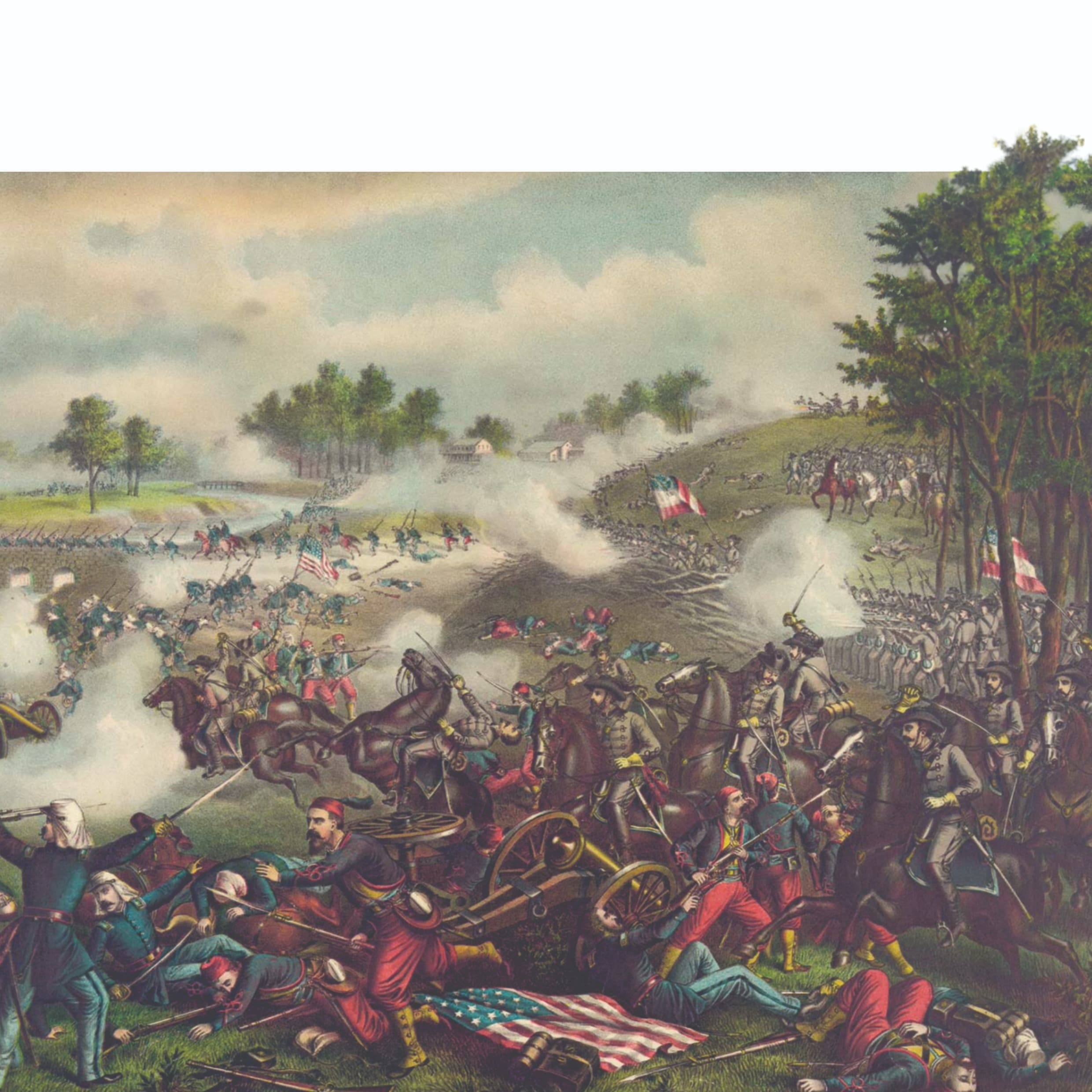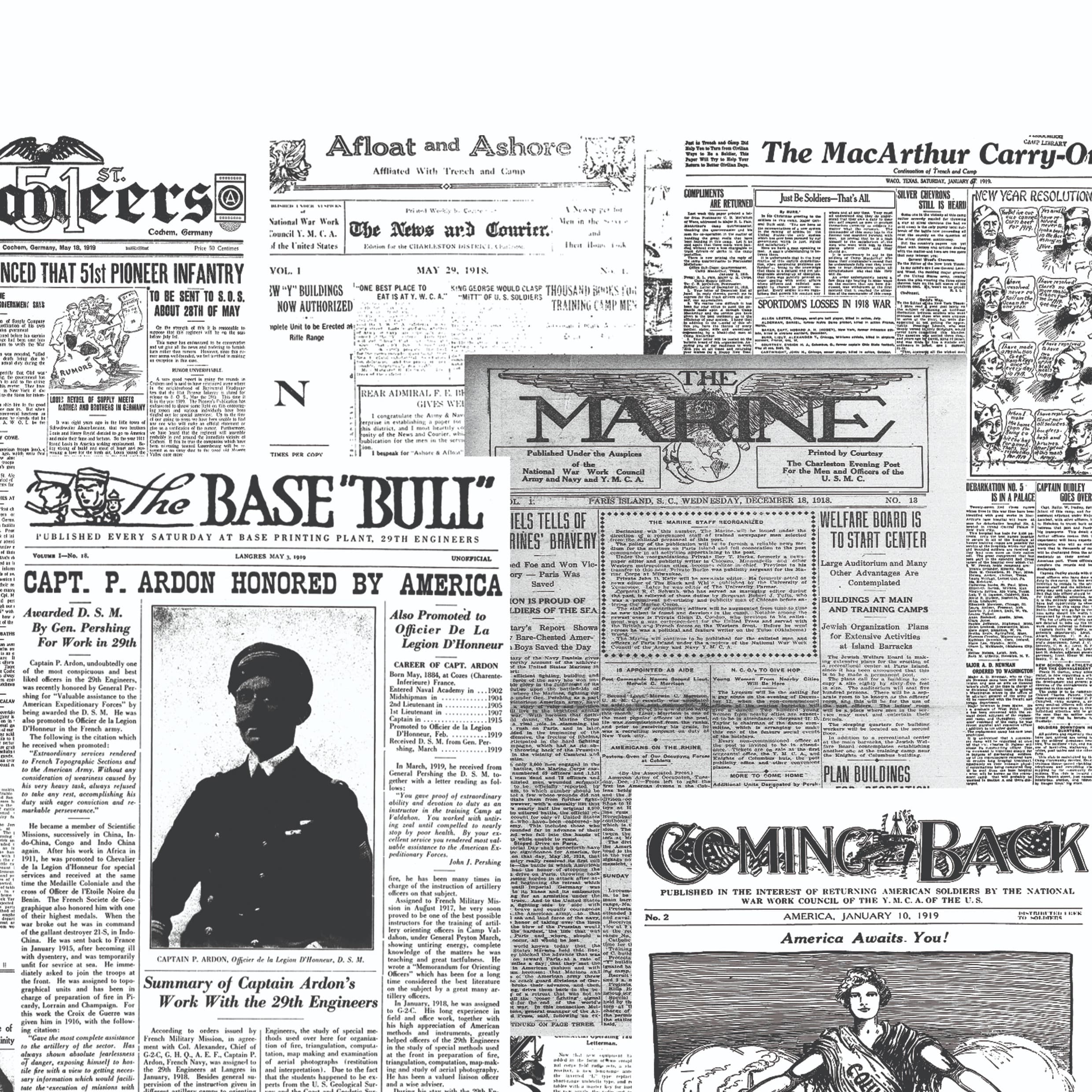More than just sources of news, Colonial newspapers were crucial instruments of civil discourse that significantly shaped public opinion. They were read aloud in public spaces, shared among communities, and discussed in taverns and homes.
The personal stories and news reports trace economic and technological advances, the slave trade, Native American relations, fashion and design, societal changes, and business developments.
At a glance
10,127
Nine newspapers in the collection. Five published in South Carolina. More than 10,000 issues in all.
1728–1835
Nearly 160 years of Colonial history covered.
The Charlestown Gazette rekeyed to 99% accuracy
Manually rekeyed for accuracy and accessibility
Optical Character Recognition (OCR) is a valuable tool for digitizing newspapers and other printed materials. However, older materials with nonstandard fonts can pose challenges for OCR technology.
Our North American collections are manually rekeyed to ensure 99% accuracy. This meticulous approach not only makes the content easy to read but also meets accessibility standards for the visually impaired. Also, we've structured the articles to enable richer text and data mining and to make citing easier.
Broad topical coverage
Politics
Economics and trade
Agriculture and farming
Trans-Appalachian Migration
Events in Europe
Relations with Native Americans
French and Indian War
Revolutionary War
Whiskey Rebellion
Canada and West Indies activities
Slavery
Anti-slavery activities
Urban and rural activities
Societal and cultural changes
Poems and literature
Medicine and health
Religious activities
Territorial disputes and expansion
Newspapers
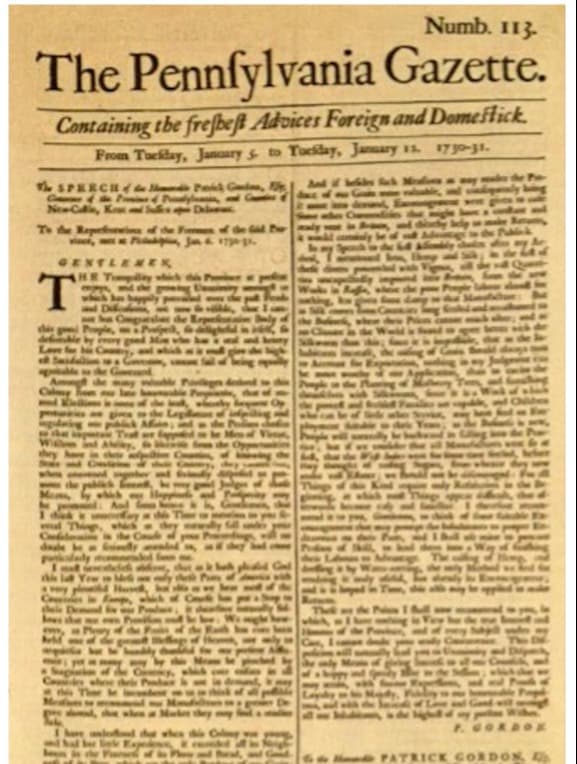
The Pennsylvania Gazette (1728–1815)
The Pennsylvania Gazette, considered the New York Times of its day, reported on America's relationship with Britain, the new republic, and Jeffersonian democracy. It covered the American Revolution with articles, eyewitness accounts, and battle reports.
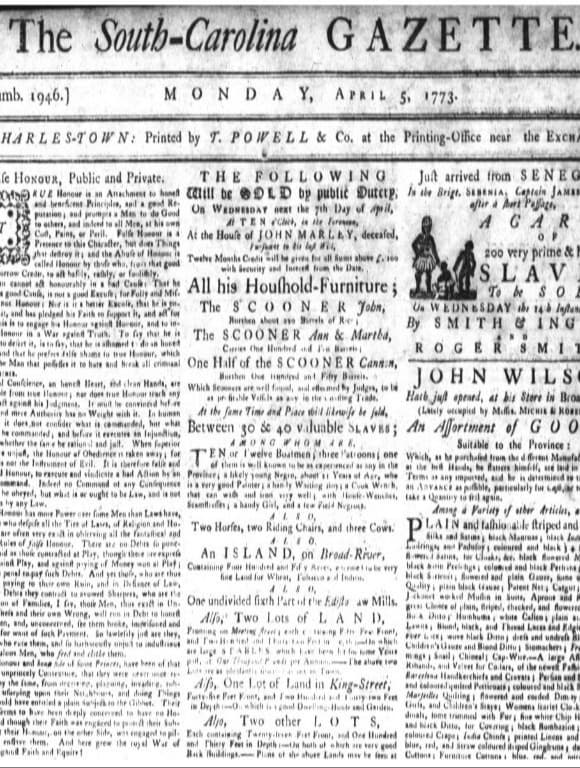
The South-Carolina Gazette (1732–1775)
South Carolina’s first newspaper printed European and colonial news, birth, death, and marriage notices, auction announcements, and advertisements, including those for runaway slaves. It offers a glimpse of life in the American South before the Revolution.
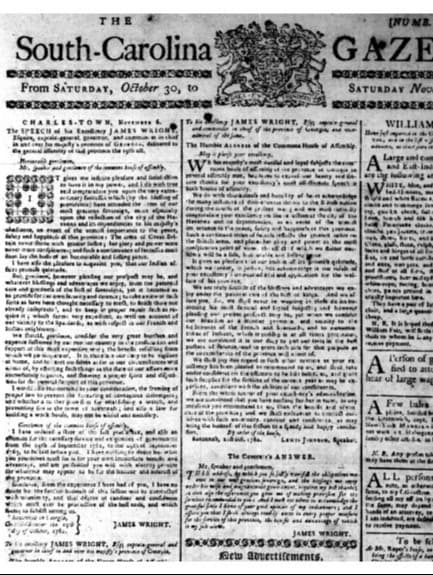
The South-Carolina and American General Gazette (1765–1775)
Published contemporaneously with The South-Carolina Gazette, this was the only paper to support the Stamp Act. This publication see-sawed between the Loyalist and Patriot causes throughout its existence.
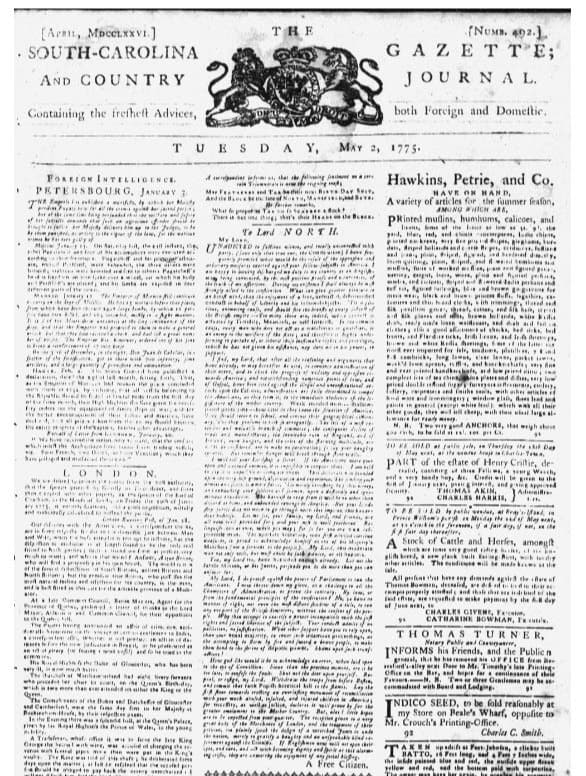
The South-Carolina Gazette and Country Journal (1766–1775)
Despite its short run, it was an important platform for the exchange of revolutionary ideas, and its influence was felt beyond the start of the Revolutionary War. Heavily pro-American, its issues often included scandalous stories of European royalty.
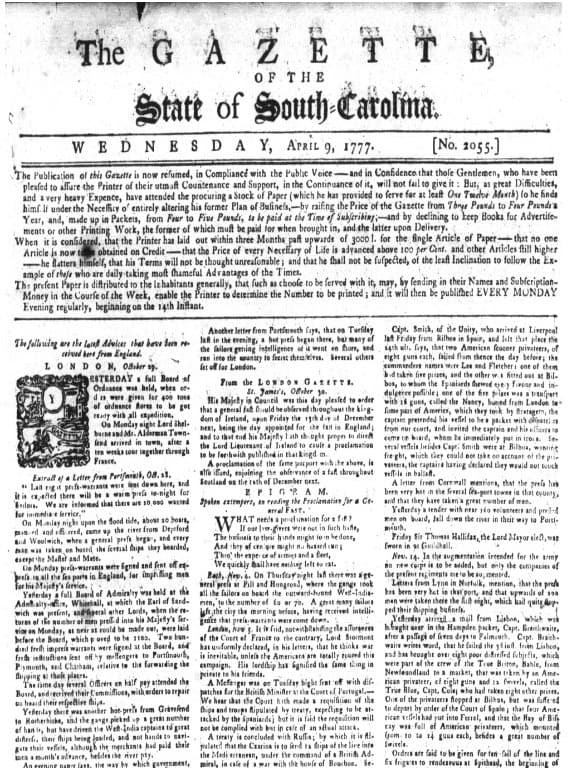
The Gazette of the State of South-Carolina (1777–1780)
Lesser known but influential, the paper contained local news, war progress reports, official proclamations, and advertisements. It promoted patriot sentiment and reported on British movements and legislative actions related to the war effort.

The Charlestown Gazette (1779–1780)
An extremely rare colonial newspaper that excelled at local news coverage, it was the first newspaper created and published by an American woman, Mary Crouch. It ceased publication when the British occupied Charlestown.
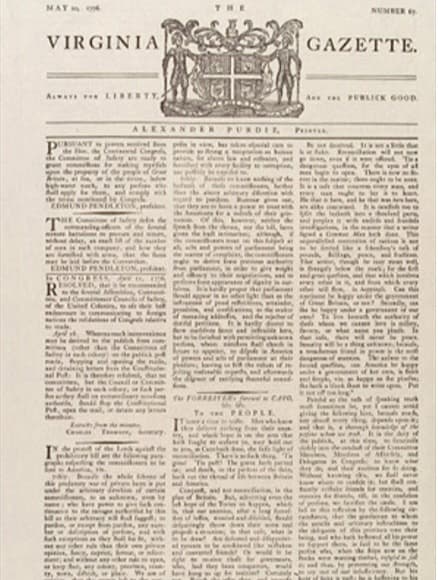
The Virginia Gazette (1736-1780)
Published in Williamsburg amid growing tensions in the Virginia Colony, the paper provided political and military commentary before and after the Revolution. It covered major figures and covered news from Virginia, other colonies, and beyond.
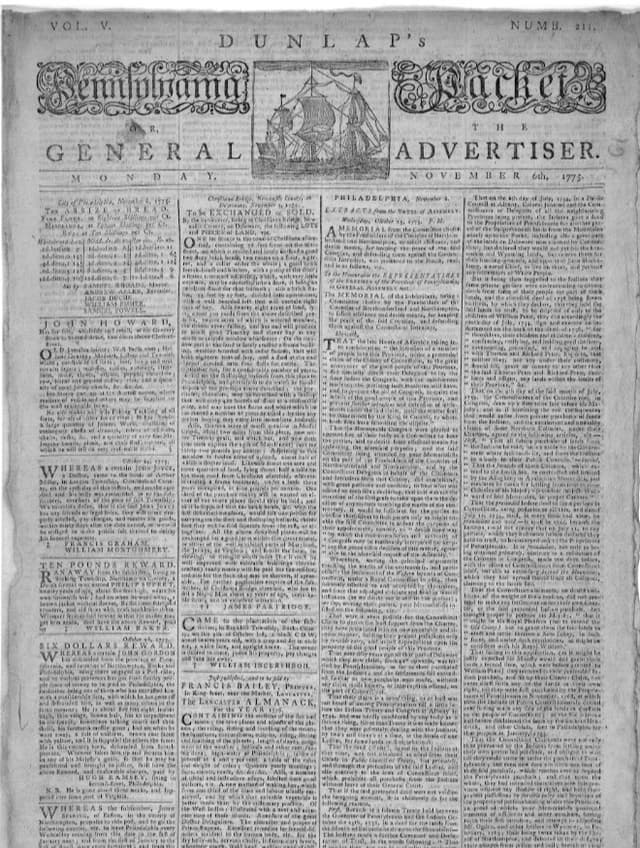
The Pennsylvania Packet (1776–1779, 1787)
The publication played a vital role in disseminating news and information during and after the Revolutionary War. The nation's first daily newspaper, it’s considered a cornerstone of American journalism, contributing to the formation of public opinion.
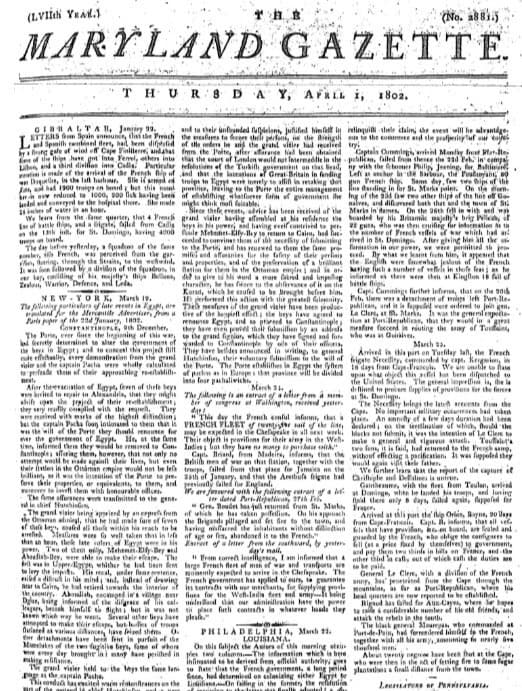
The Maryland Gazette (1795–1835)
The Gazette included articles, editorials, letters, news items, ads, biographies, legislative proposals, and notices from regions like the western American territories, the West Indies, and Europe, covering travel, arts, sports, and social events.
Want a trial?
Free, 30-day trial offered with training
Flexible pricing options, tailored to your institution's needs
Ask your sales rep about collection packages that offer the best value
